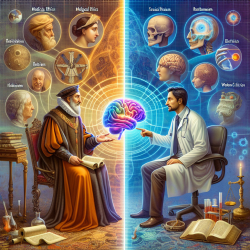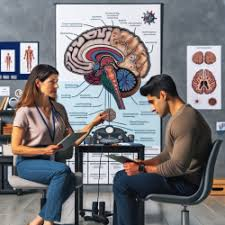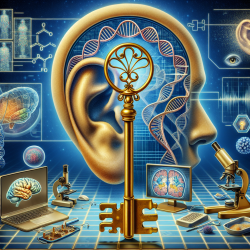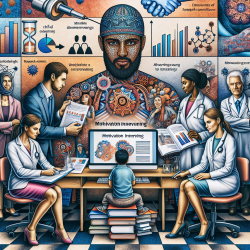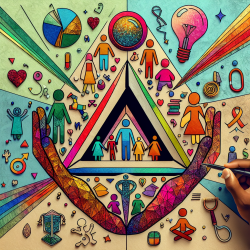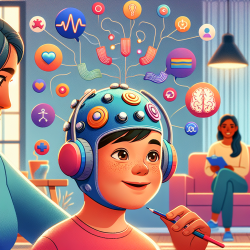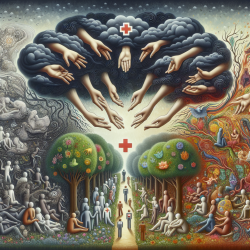The intersection of religious morality and secular humanism has long influenced the development of medical ethics in Western civilization. This rich historical tapestry offers valuable insights for modern practitioners, particularly those involved in therapy and counseling. By understanding these ethical foundations, therapists can enhance their practice and navigate complex moral dilemmas with greater clarity.
The Historical Roots of Medical Ethics
The historical review article "Religious morality (and secular humanism) in Western civilization as precursors to medical ethics: A historic perspective" by Miguel A. Faria provides a comprehensive exploration of how religious and philosophical traditions have shaped medical ethics. The article highlights the Graeco-Roman legacy and the Judeo-Christian inheritance as twin pillars that have significantly influenced moral conduct and ethical standards in medicine.
The Graeco-Roman Legacy
The Graeco-Roman tradition introduced the concept of natural laws and moral virtues through philosophers like Socrates, Plato, and Aristotle. These thinkers connected moral conduct to divine principles, emphasizing virtues such as justice, temperance, and courage. Aristotle's notion that moral virtue develops through habit and practice remains relevant today, underscoring the importance of consistent ethical behavior in professional practice.
The Judeo-Christian Influence
Judeo-Christian teachings further enriched this ethical framework by introducing concepts of piety, hope, and charity. These religious principles have historically supported societal moral codes, providing a foundation for compassionate care in medicine. The integration of these values into medical ethics has promoted patient-centered care, emphasizing the importance of placing patient interests above other considerations.
Applying Historical Insights to Modern Therapy
For therapists, understanding these historical perspectives can enhance their ability to address ethical challenges in their practice. Here are some ways practitioners can apply these insights:
- Embrace Ethical Diversity: Recognize that both religious morality and secular humanism offer valuable perspectives on ethics. This understanding can foster a more inclusive approach to therapy that respects diverse moral viewpoints.
- Promote Patient-Centered Care: Draw inspiration from traditional medical ethics that prioritize patient welfare. Ensure that therapeutic decisions align with the best interests of clients, maintaining a focus on empathy and compassion.
- Encourage Open Dialogue: Facilitate discussions about ethical dilemmas with colleagues and clients. By fostering an environment where diverse opinions are heard, therapists can promote intellectual growth and ethical clarity.
- Pursue Continued Education: Engage with historical and philosophical literature to deepen your understanding of ethical principles. This knowledge can inform your practice and help you navigate complex moral issues effectively.
Conclusion
The interplay between religious morality and secular humanism has profoundly shaped the landscape of medical ethics. By integrating these historical insights into modern therapy practices, practitioners can enhance their ethical decision-making and provide more compassionate care to their clients.
To read the original research paper, please follow this link: Religious morality (and secular humanism) in Western civilization as precursors to medical ethics: A historic perspective.
